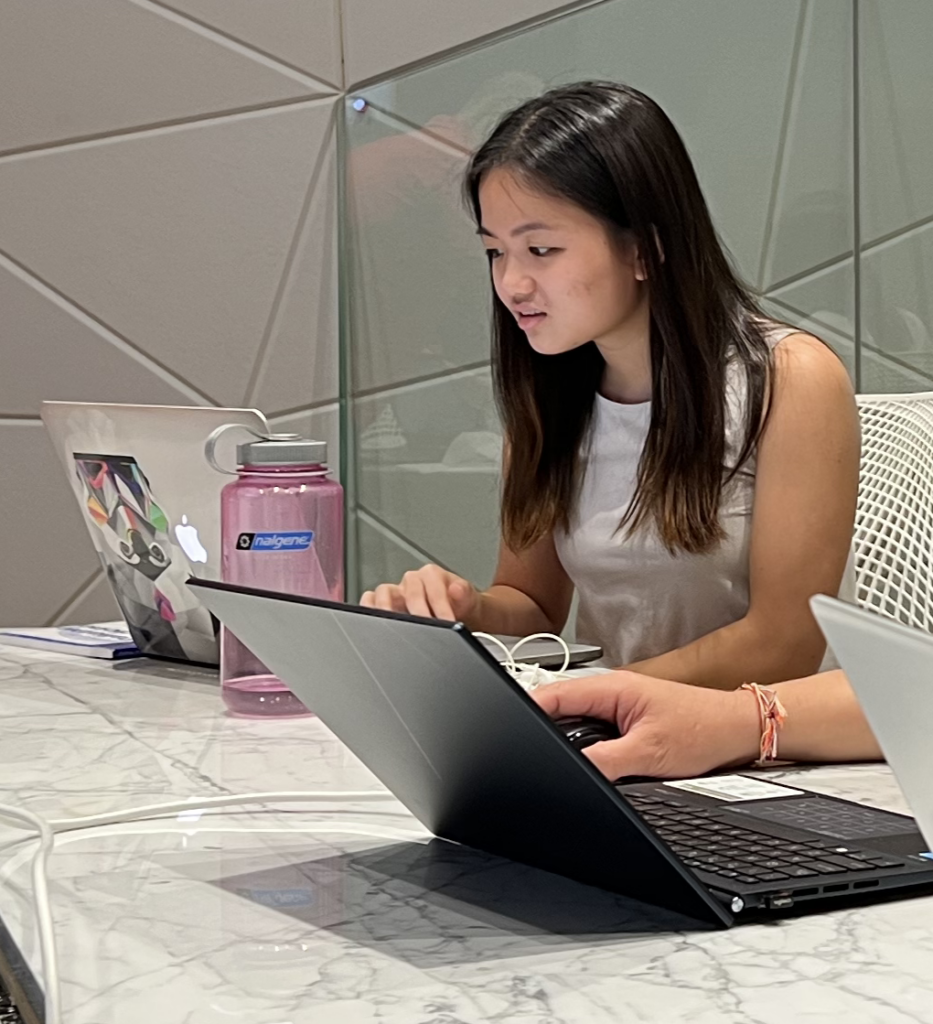
- Different facets of a doctor – research, learner, clinician
- Skills – video making, editing, administrative things such as excel functions
- Knowledge – attend palliative care webinars, learning more about ACP, wound management etc. (saw these in real life while volunteering in hospice – theory put to test in real situations / real patients)
- Research – Quality of Death and Dying, APPROACH studies (continuous process, always improving on previous literature)
As a student awaiting to enter University, I wanted to make full use of my time exploring the healthcare industry. Having worked at a clinic previously, I was looking to find a different experience which would allow me to discover the other facets of healthcare, especially in the area of palliative care. It was then I was introduced to the Asia Pacific Hospice Palliative Care Network (APHN) by the Lien Foundation. Over my 4 months here, I had the opportunity to sharpen and learnt new skills as well as gain knowledge about palliative care in the Asia Pacific region. I was tasked to assist in several administrative works and the rebranding of APHN’s Youtube channel. Admittedly, video making is not my specialty. However, I took this opportunity to step out of my comfort zone and try something new. With the constructive feedback from my colleagues, I soon became better at making videos and learned how to be concise in my wordings, consistent in the style of my videos and engaging at the same time. Furthermore, as I had to use Excel spreadsheets quite a bit, I was exposed to the many different useful functions of Excel which I would not have otherwise known. These learnings would certainly be useful in the future!
As an intern, I was presented with many opportunities to attend APHN’s exclusive training sessions and webinars for palliative care doctors. While the training sessions had many medical terms which I could not quite grasp, I still learnt a lot and cherished the opportunity to listen to renowned palliative care physicians in the Asia Pacific region. As I was volunteering at Assisi Hospice while interning at APHN, I could see the theory learnt in these training sessions put into practice at Assisi. For instance, there was a training session where I learnt how to manage bed sores. At Assisi, I saw the different degrees of bed sores presented in patients and how the nurses manage them. It was meaningful to be able to see how theoretical knowledge is being put into practice in clinical settings. On top of learning medical knowledge, my view of the palliative care scene has also been enhanced. I got to tune in to webinars conducted by palliative care physicians and read books about the development of palliative care not just in Singapore, but in the world. I even had the opportunity to listen to Dr Finkelstein, a well-known economist, present his research paper “A Cross Country Comparison of the Quality of Death and Dying, 2021”.
Many people would think that doctors are just clinicians and their job is to treat and cure patients from their illnesses. But what I learnt during my internship is that doctors are not just clinicians. They also take on different hats such as researchers and learners. They embark on research projects and are also continuously learning and keeping up with the different medical advancements. Also, they are not always there to treat and cure people. In palliative care, their goal is to provide comfort and let their patients live and leave with dignity.
All in all, I really enjoyed my internship here – it was insightful and it would not have been possible without my supportive colleagues (and they are non-healthcare professionals – not all in the healthcare industry must be healthcare professionals!) who provided me with constant guidance and presented me with many opportunities to discover more about palliative care.
My favourite quote about palliative care is from Dame Cicely Saunders, the founder of palliative care, “You matter because you are you, and you matter to the end of your life”.
